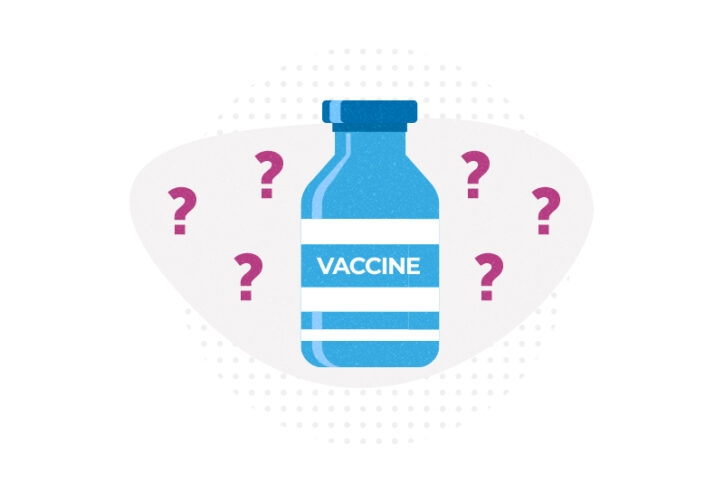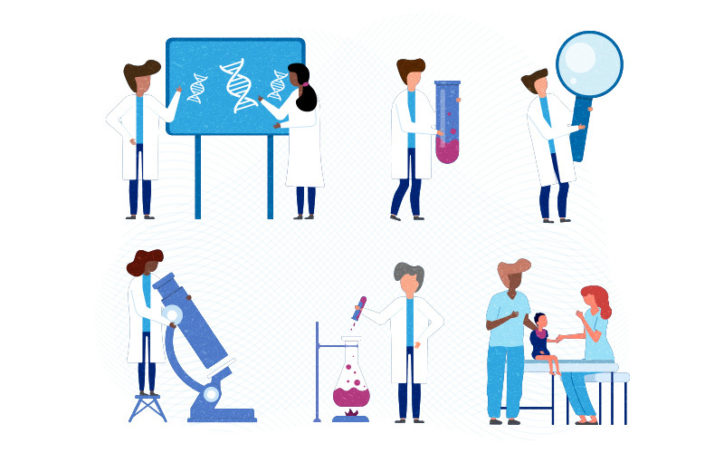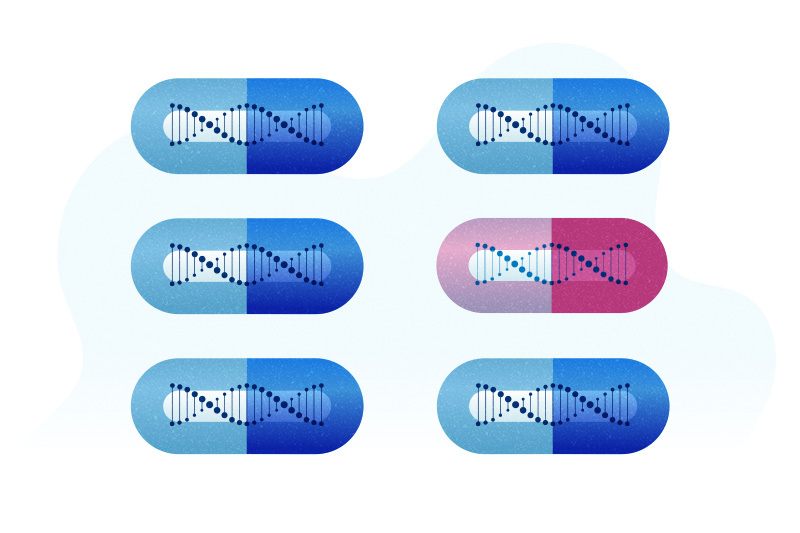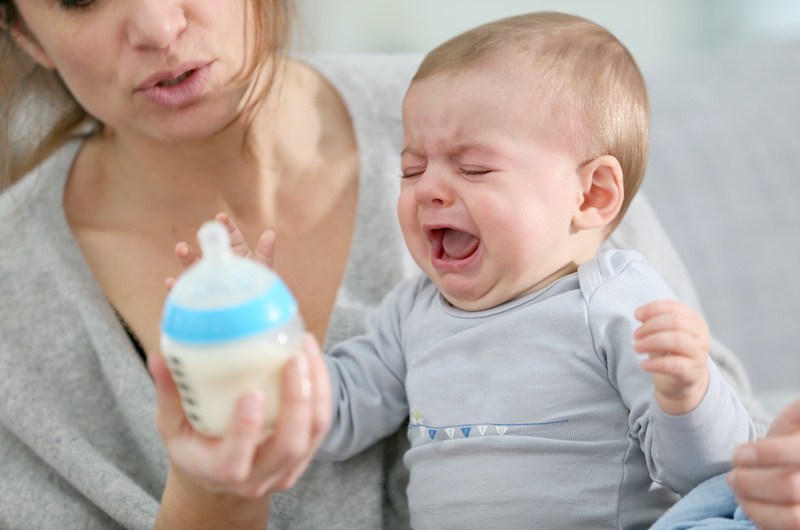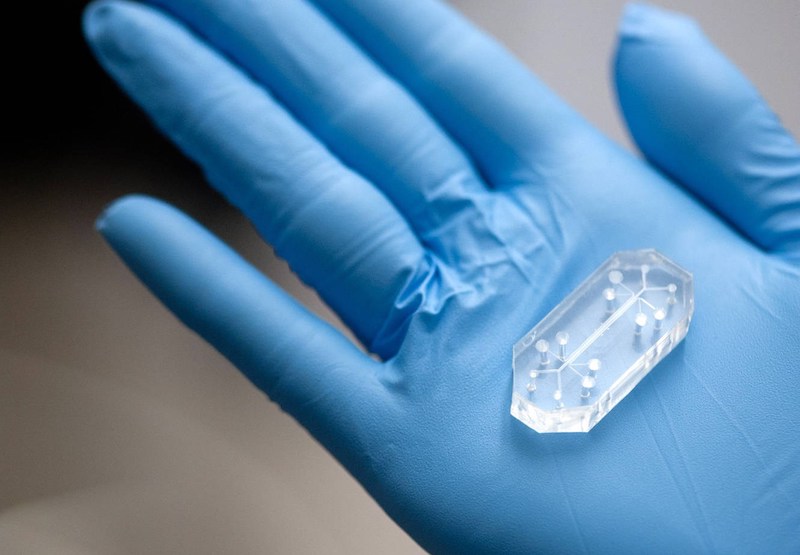Archive for drug safety
Will people accept a fentanyl vaccine? Interviews draw thoughtful responses
In 2022, more than 100,000 people died from opioid overdoses in the U.S., according to the National Center for Health Statistics. Roughly three quarters of these deaths involved fentanyl, a highly potent synthetic opioid. Fentanyl-related deaths have spiked over the past decade, many of them occurring in people with no known history of opioid use ... Read More about Will people accept a fentanyl vaccine? Interviews draw thoughtful responses
Tagged: adolescent medicine, drug safety, opioids, substance abuse, vaccines
Naloxone on demand: Shining a light to reverse opioid overdose
Overdose deaths from fentanyl and other opioids are at record highs in the U.S. Naloxone, if delivered soon after an overdose, is proven to be life-saving. It binds to the same brain receptors that opioids use, thereby blocking opioids’ effects. A naloxone nasal spray (Narcan) is now available over the counter, but there are still problems ... Read More about Naloxone on demand: Shining a light to reverse opioid overdose
Tagged: drug development, drug safety, opioids, substance abuse
It takes a village: Creating best practices for personalized treatments
In 2019, doctors and scientists at Boston Children’s Hospital announced a medical landmark. In the space of one year, a team led by Timothy Yu, MD, PhD, pinpointed a one-of-a-kind genetic mutation in a girl named Mila with Batten disease, developed a custom drug called milasen to repair the mutation, and treated Mila with it. ... Read More about It takes a village: Creating best practices for personalized treatments
Pharmacogenomics: Nearly 30 percent of children could benefit, study finds
Medications aren’t one-size-fits-all. Genetic differences can affect how patients metabolize drugs, and can sometimes make a beneficial drug ineffective or even toxic. In one infamous case, a 2-year-old boy in Canada died from a codeine dose he received after surgery. A genetic difference caused him to metabolize codeine so quickly that toxic levels of morphine ... Read More about Pharmacogenomics: Nearly 30 percent of children could benefit, study finds
Tagged: drug safety, genetics and genomics, research
Study sounds another warning about proton pump inhibitors
A new study adds to growing concerns about a class of drugs frequently prescribed to suppress stomach acid in patients with gastroesophageal reflux disease (GERD). Previous research has linked the use of proton pump inhibitors (PPIs) to an increased risk of various pulmonary and gastrointestinal infections in both adults and children. Patients treated with PPIs ... Read More about Study sounds another warning about proton pump inhibitors
Tagged: aerodigestive, drug safety, dysphagia, reflux
Acetaminophen does not aggravate young children’s asthma
Your toddler is screaming in pain. Her forehead is burning. You rush to your local drugstore. What do you get — Tylenol or Motrin? And by the way, she also has asthma. Recently, many parents have been under the impression that acetaminophen (Tylenol, etc.) may do more harm than good in young children with asthma. ... Read More about Acetaminophen does not aggravate young children’s asthma
Tagged: asthma, drug safety
Pharmacogenomics: One size doesn’t fit all
In 2009, The New England Journal of Medicine reported the case of an otherwise healthy 2-year-old boy in Canada who died after surgery. He had received a codeine dose in the recommended range, but an autopsy revealed that morphine (a product of codeine metabolism) had built up to toxic levels in his blood and likely depressed his ... Read More about Pharmacogenomics: One size doesn’t fit all
Building a body, one organ chip at a time
They don’t look like much sitting in your hand. A few pieces of clear plastic, each smaller than an Altoids tin, with channels visible inside and holes for plugging tubing into them. But fill them with cells and treat those cells the right way, and they turn into something amazing: tiny hearts, lungs, guts, kidneys. ... Read More about Building a body, one organ chip at a time
Drug-testing alternative: a lung on a chip
Combining microfabrication techniques from the computer industry with modern tissue engineering, a team at Children’s Hospital Boston and Harvard’s Wyss Institute for Biologically Inspired Engineering has created a device that mimics the function of a human lung. This living “lung-on-a-chip,” which incorporates human lung and blood-vessel cells, reproduces the all-important interface between the lung’s tiny ... Read More about Drug-testing alternative: a lung on a chip
Tagged: drug safety, organoids, pulmonology, tissue engineering, toxins


